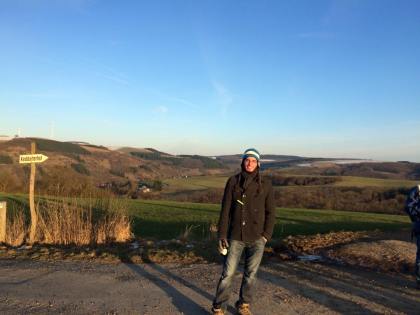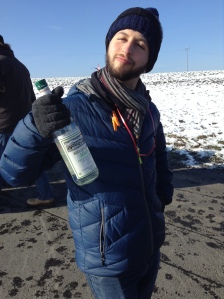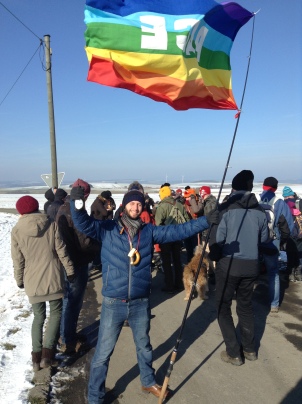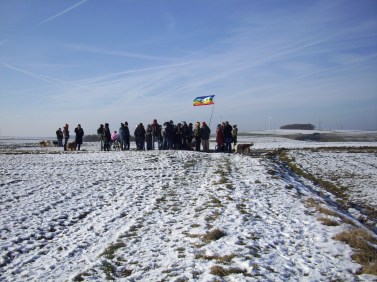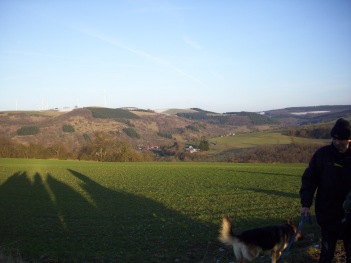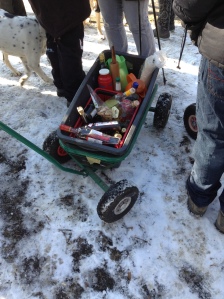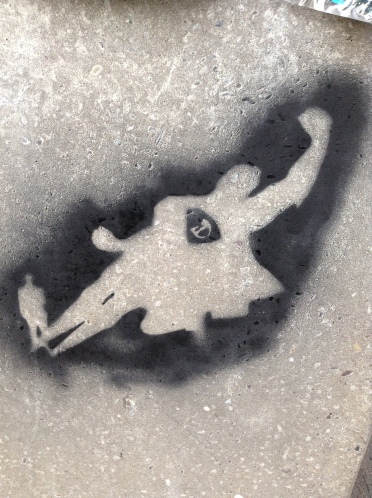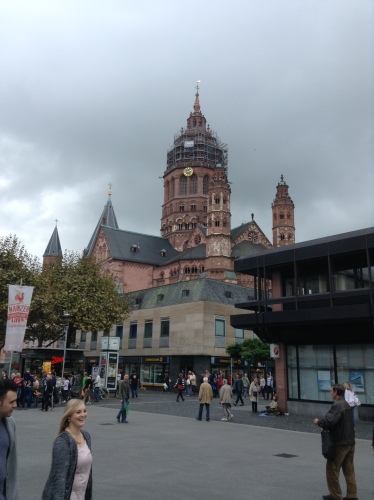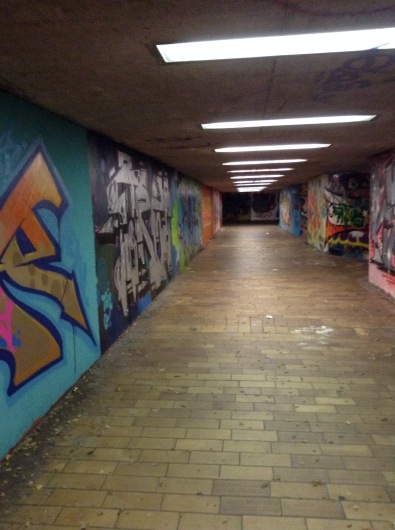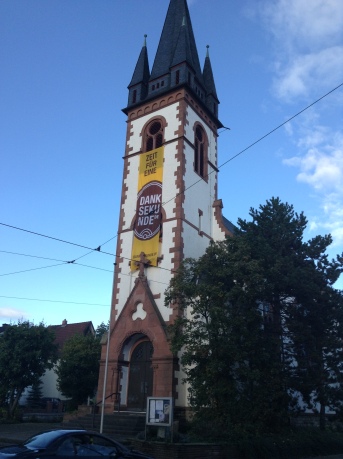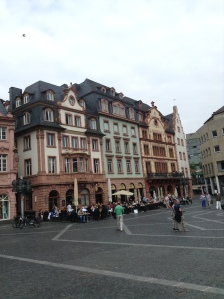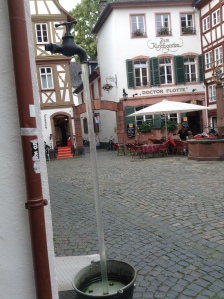Da es mein letzter Tag hier in Heidelberg ist, kommt meine Zeit hier in Deutschland zum Schluss. Nach 11 Monaten und einer Woche fliege ich zum ersten Mal wieder in die USA. WWOOFing in Meisenheim, das Studium in Mainz, das Praktikum in Berlin, dieses Stipendium in Heidelberg und Reisen nach Belgien, Österreich, Moskau, Oxford, Strasbourg, und vielen Städten innerhalb von Deutschland sind Erfahrungen, die ich nie vergessen werde.
Alles hat mir unglaublich gut hier in Deutschland gefallen. Es gibt kein anderes Land wie Deutschland. Es gibt keinen anderen Kontinent wie Europa. Die Tatsachen, dass ich jeden Tag Deutsch sprechen kann und dass man innerhalb von Stunden (und weniger als 20 Euro in welchen Fällen) ein anderes Land mit einer anderen Sprache und Kultur erreichen kann, sind welche meiner Lieblingsteilen. Das findet man anderswo nicht.
Ich bin aber bereit wieder nach Hause zu fahren. Ich vermisse Familie und Freunde. Aber leider muss ich mich zuerst mit Freunden hier verabschieden und das ist schwer. Ich habe so viele freundliche und nette Freunde kennengelernt und ich danke ihnen für die schöne Zeit, die wir zusammen verbracht haben. Das Leben ist aber, wie Ibrahim mir einmal gezeigt hat, wie „eine Zugfahrt mit all den Haltestellen, Umwegen und Unglücken.“ Heute muss ich wieder vom heidelberger Zug austeigen, mich mit meinen Freunden hier verabschieden, und hoffen, dass wir uns eines Tages in dem gleichen Zug wiederfinden.
Ich habe wenig in der letzten Zeit geschrieben. Hier sind welche Highlights:
Birkenstocks
Ja, ich habe Birkenstocks gekauft. Egal, wie hässlich sie aussehen, sie sind außenordentlich gemütlich. UND sie sind 2-3 mal günstiger hier als in den Staaten. Man sieht das einfach, wenn man Amazon.com mit Amazon.de vergleicht.
Austria
Ich war vor einem Monat oder so für ein Wochenende in Salzburg. Ich wollte unbedingt Österreich besuchen, bevor ich nach Hause muss. Deswegen habe ich einfach Couchsurfing gemacht und hatte eine sehr schöne Zeit dort. Ich danke dir Lukas! Ich war der Erste übrigens, der bei ihm couchsurfing gemacht hat und nie Sound of Music angeschaut hat. Ich habe auch gelernt, dass Red Bull aus Salzburg kommt! Das lernte ich heraus, nachdem ich mich blamierte, als ich gedacht hatte, dass Red Bull aus Amerika war… Mozart Kugeln kommen auch aus Salzburg. Die Handgemachten, die ich in Salzburg probierte, sind die Besten.
Belgium
Ich hatte die Gelegenheit letztes Wochenende mit einem Kumpel nach Belgien zu fahren. Ich habe in der ältere WG eines Kumpels in Antwerpen übernachtet und Brüssel, Brügge, und Gent besucht. Belgien ist ein wirklich schönes und interessantes Land. Es hat drei Amtsprachen: Niederländisch, Französisch, und Deutsch (wenig). Niederländisch hat viele Ähnlichkeiten mit Deutsch und ich konnte ein bisschen verstehen, aber ich konnte mich auf Niederländisch gar nicht ausdrücken. Ich hatte genug Schwierigkeiten „dankjewel“ (ausgesprochen „Dank-U-Well“ und bedeutet danke schön) zu sagen. Niederländisch hört sich meiner Meinung nach ein bisschen lustig an und sieht schriftlich auch lustig aus. Belgien ist auch ein ziemlich kleines Land. Man kann wahrscheinlich innerhalb ein paar Stunden von einer Seite zur anderen Seite fahren. Das haben wir fast gemacht, als wir nach Brügge gefahren sind und das hat eine Stunde und zwanzig Minuten gedauert. Brügge ist, ich denke, die schönste Stadt, die ich in meiner Zeit in Europa besucht habe. Sie ist eine sehr alte Stadt, die aus Steinen besteht und schöne belgische Architektur hat. Gent ist ähnlich wie Brügge. Sehr schön, aber kleiner mit wenigern Touristen. Brüssel gefiel mir irgendwie am wenigsten von den vier belgischen Städten, die ich besucht habe. Das Atomium war geil und Brüssel ist schön, aber ich fand Antwerpen, Brügge, und Gent einfach besser. Ich danke Eyad für die Gelegenheit mit ihm zu fahren und in seinem alten Zimmer zu übernachten. Es hat viel Spaß gemacht.
As it is my last day here in Heidelberg, my time here in Germany is finally coming to an end. After eleven months and one week, I finally fly back to Boston. WWOOFing in Meisenheim, the semester in Mainz, the internship in Berlin, this internship in Heidelberg and trips to Belgium, Austria, Moscow, Oxford, Strasbourg, and many, many cities inside of Germany are experiences that I will never forget.
My time here in Germany was really incredible. There’s no other country like Germany. There’s no other continent like Europe. The facts that I could speak German every day and that I had the opportunities to travel to other countries with other languages and cultures within hours (and less than 20 Euros in some cases) are some of my favorite parts. That’s not something that you can find anywhere else very easily.
As great and wonderful everything here is, I’m ready to go home. I miss my family and friends. But unfortunately, I need to say good bye to friends here and that is no easy task. I have met so many friendly and nice people and I thank them for the great times that we’ve had together. Life is like Ibrahim once showed me: “a train ride with stops, detours, and misfortune.” Tonight, I need to exit this Heidelberg train, say good bye to my friends, and hope that one day we find each other once again on the same train.
I haven’t had much time to write recently, so here are some highlights:
Birkenstocks
Yes, I bought Birkenstocks. I don’t care how ugly they look. They are unbelievably comfortable. AND they are 2-3 times cheaper here than they are in the States. You can see that easily by comparing Amazon.com with Amazon.de.
Austria
I was in Salzburg about a month ago for a weekend. It was a kind of spontaneous decision because I really just wanted to visit Austria before I left and the 15 euro bus tickets really sealed the deal for me. I couchsurfed there and really had a great time. Thank you, Lukas! I was the first, by the way, to couchsurf in Lukas’ apartment and come to Salzburg without having seen the Sound of Music. I also learned that Red Bull comes from Salzburg! This was of course after embarrassing myself thinking that Red Bull was American… Mozart Kugeln are also from Salzburg! The handmade ones that I tried in Salzburg were unbelievable.
Belgium
I had the great opportunity last weekend to go to Belgium with a friend. We stayed in his old apartment in Antwerp and visited Brussels, Bruges, and Ghent. Belgium is a really beautiful and interesting country. It has three official languages: Dutch, French, and German (little). Dutch shares a lot of similarities with German and I could sometimes understand a little bit, but I couldn’t express myself in Dutch at all. I had enough difficulties remembering to say “dankjewel” (pronounced “Dank-U-Well” and means thank you very much). Dutch sounds and looks a little bit funny, but maybe that’s just my opinion. Belgium is also a pretty small country. You can probably take a train from one side to the other in a few hours. We almost did that when we went to Bruges and that only took an hour and twenty minutes. Bruges is, I think, the most beautiful city that I’ve visited during my time here in Europe. It’s a really old city that is built from stone and has beautiful Belgian architecture. Ghent is similar to Bruges. About just as beautiful, but smaller with fewer tourists. Brussels was also amazing, but it was actually my least favorite city out of all of the ones that we visited. The Atomium was incredible and Brussels is beautiful and all, but I just found the other cities better. I thank Eyad for the opportunity to go with him and stay in his old apartment! It was really so much fun!
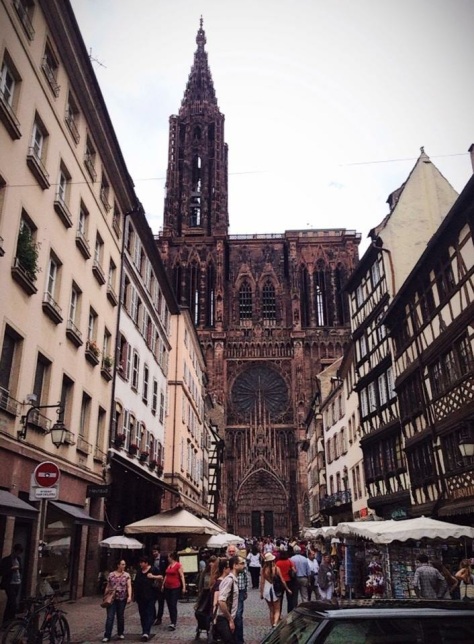 Strasbourg
Strasbourg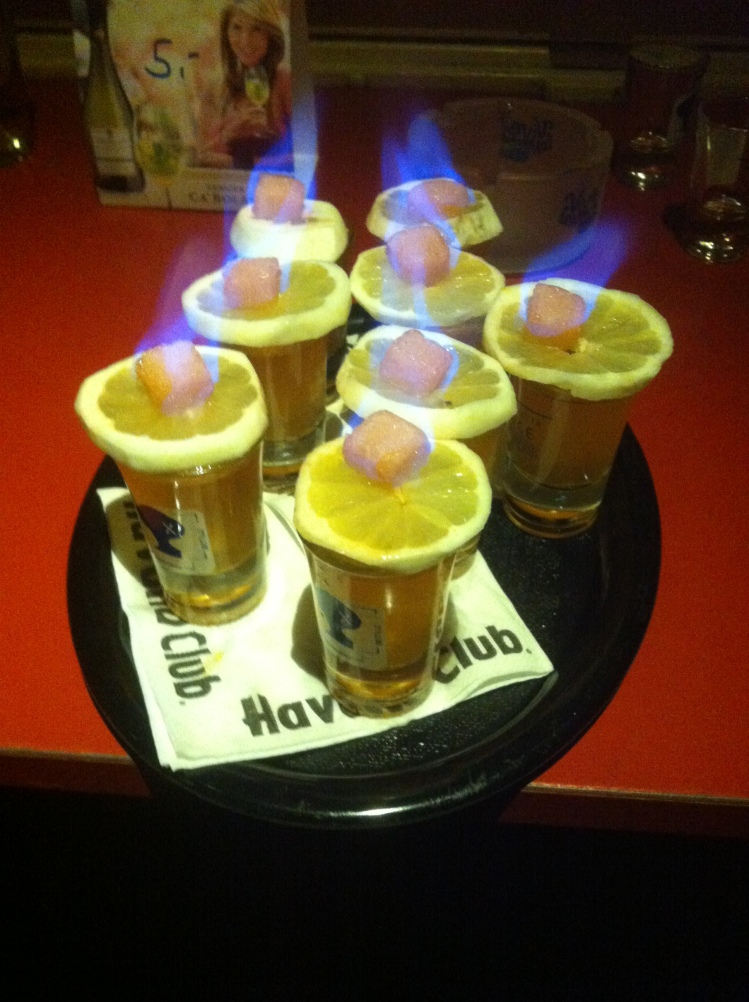 The Destille
The Destille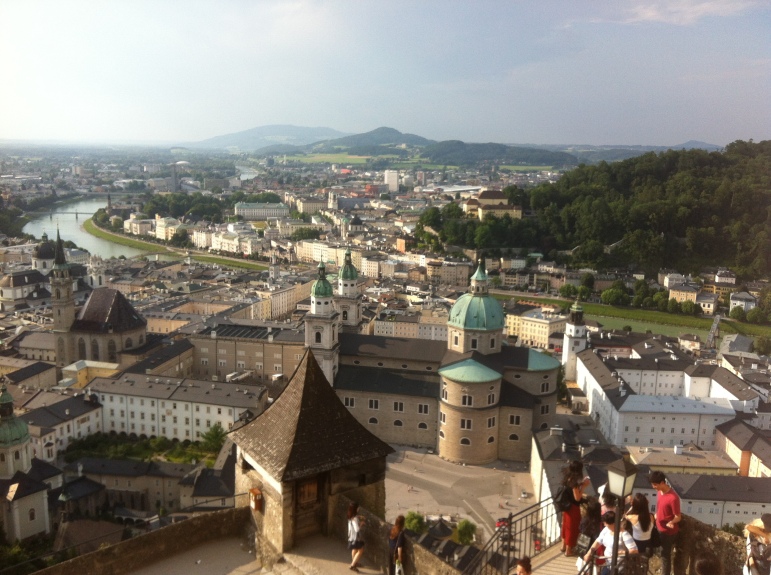 Salzburg
Salzburg
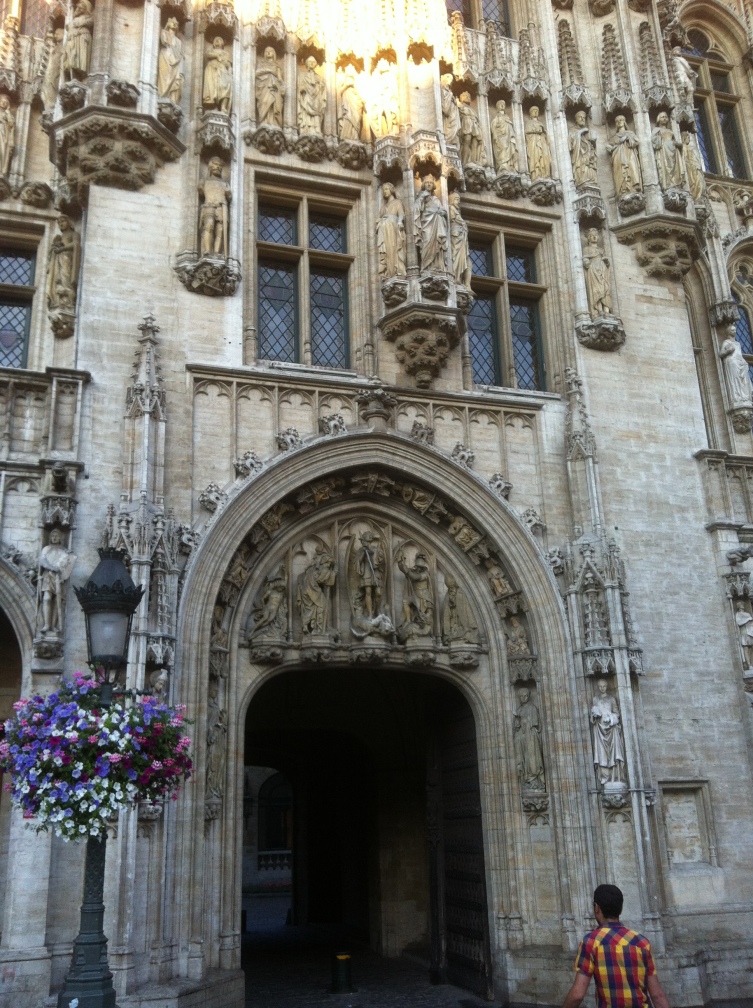 Brussels. Do you see the mistake in the middle of the picture above the entrance?
Brussels. Do you see the mistake in the middle of the picture above the entrance? 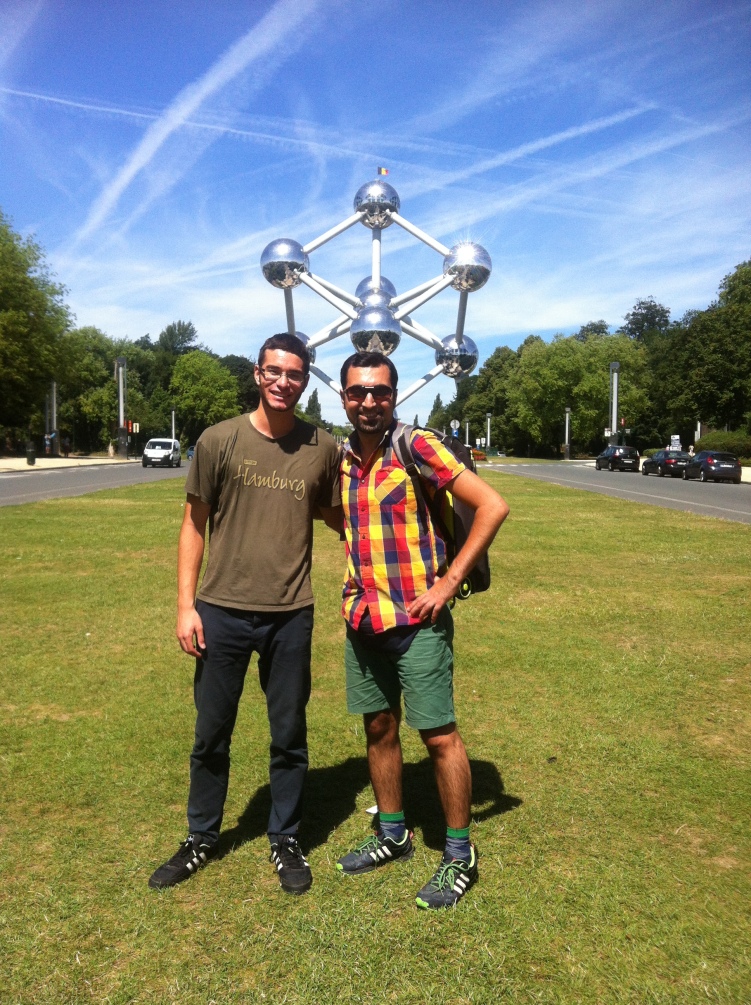 The Atomium
The Atomium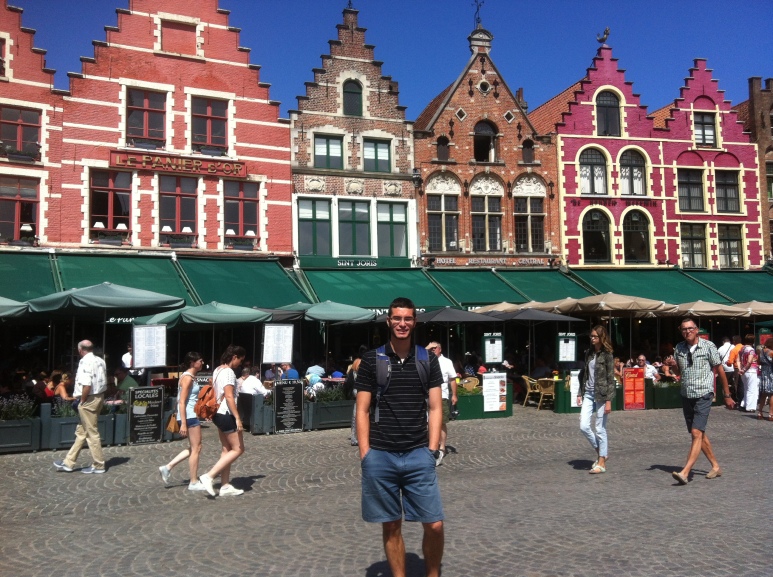 In Bruges
In Bruges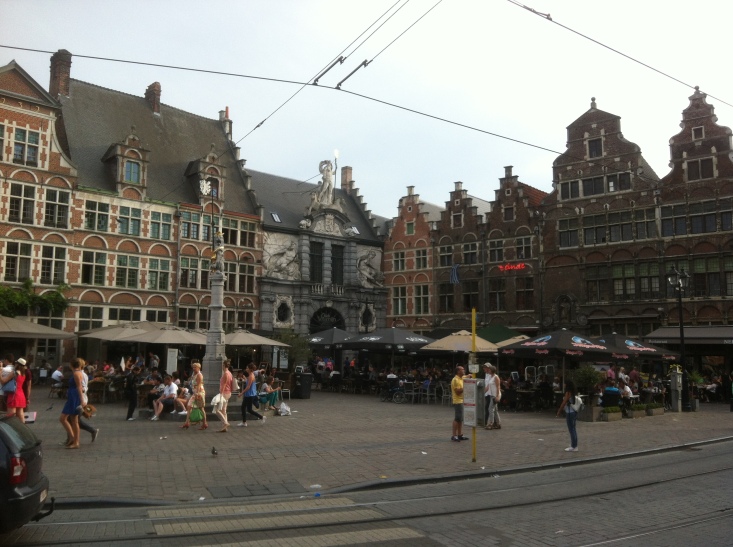
In Ghent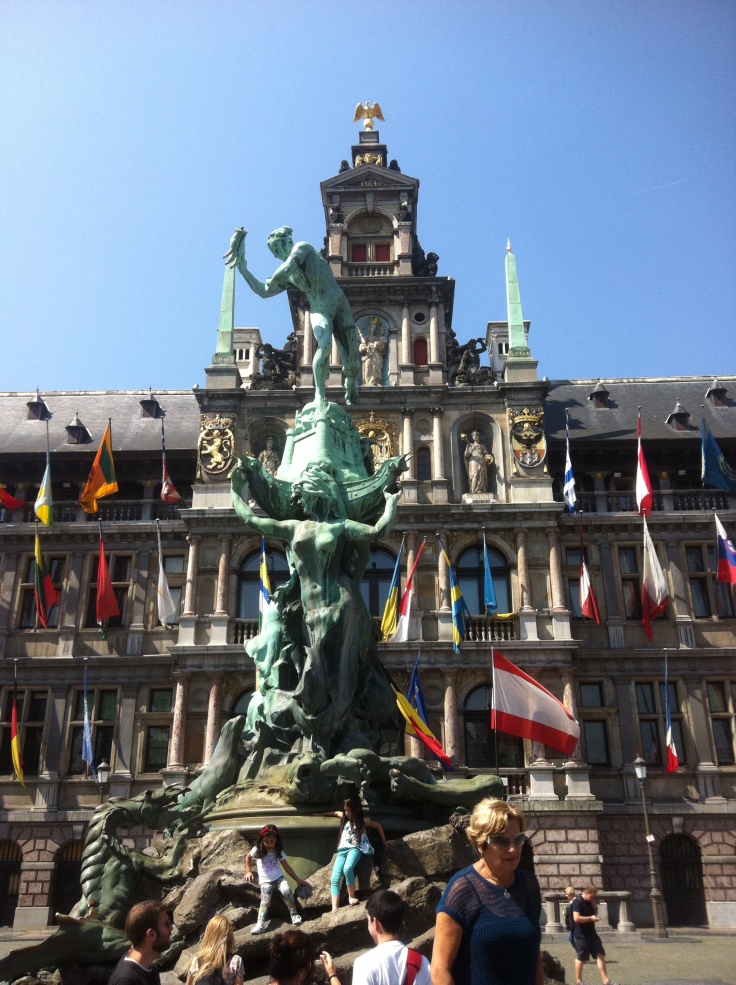 Statue in Antwerp of a man throwing the hand of a giant.
Statue in Antwerp of a man throwing the hand of a giant.
Ghent
Thanks everyone for reading! I hope you all enjoyed!

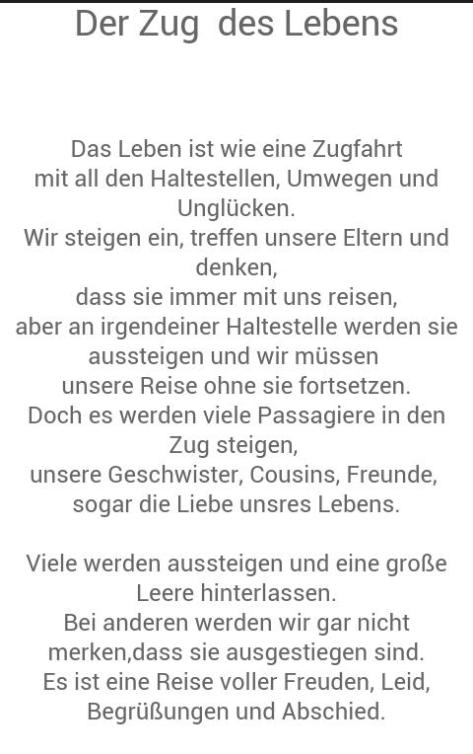
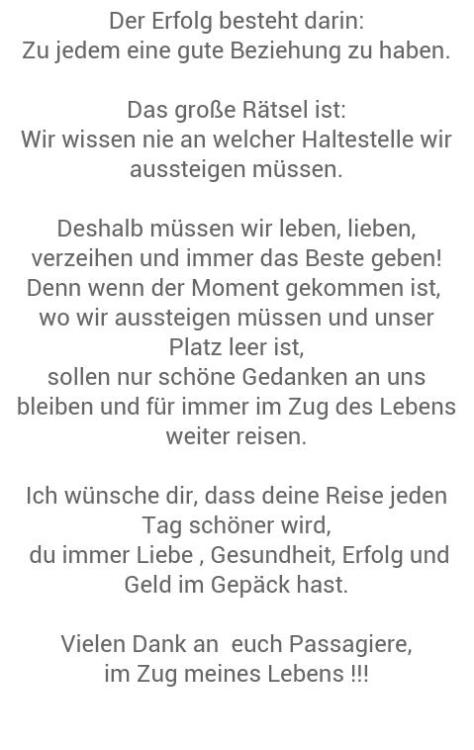
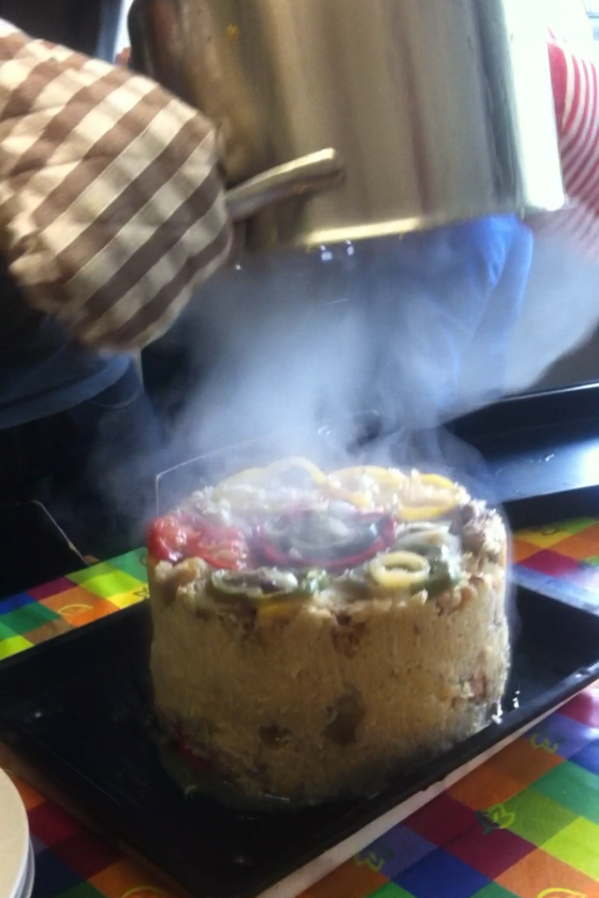
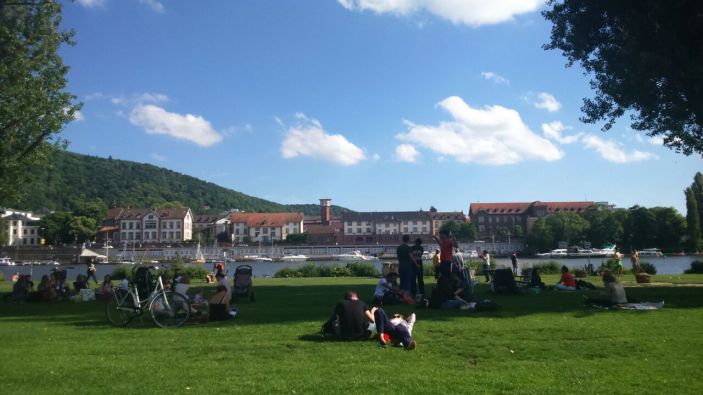
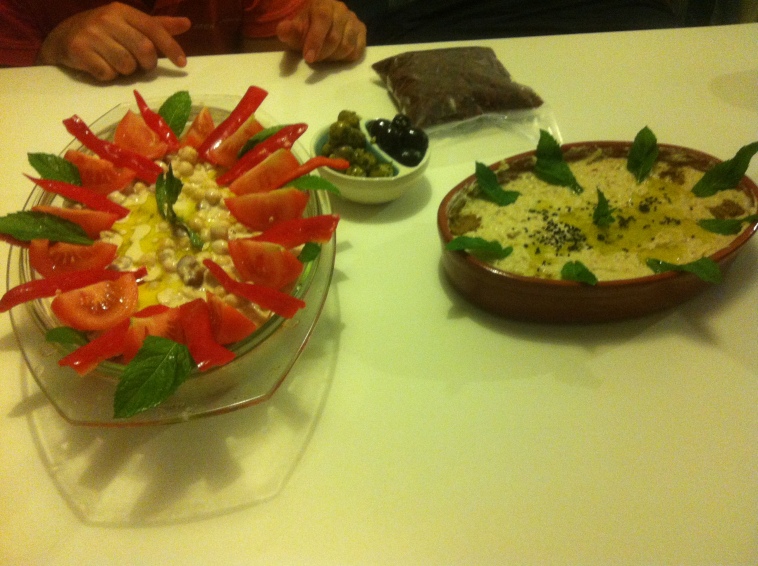
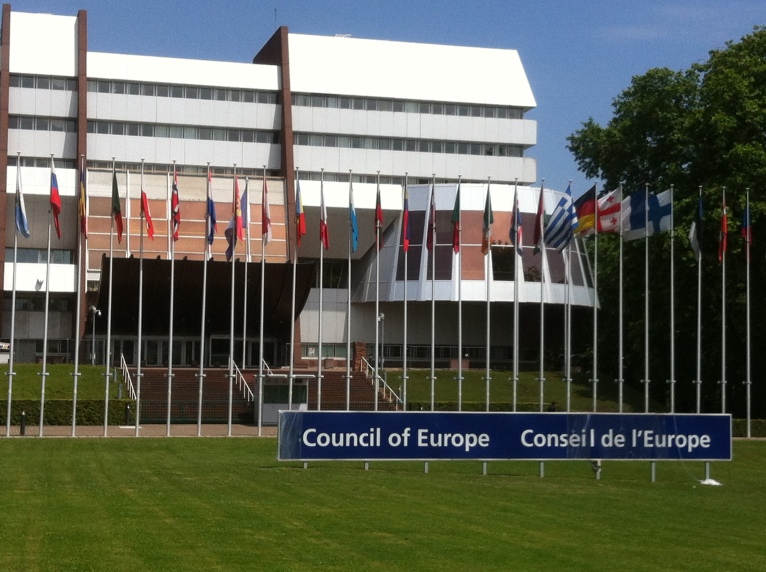
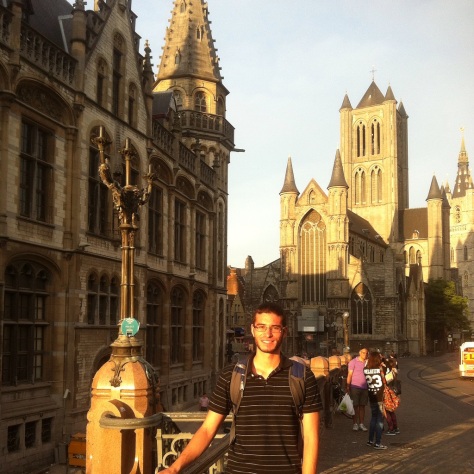
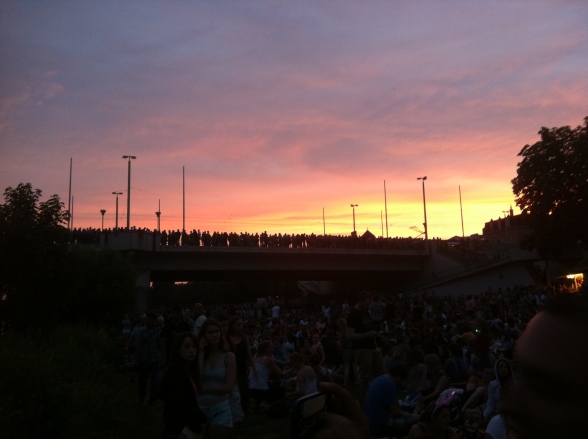
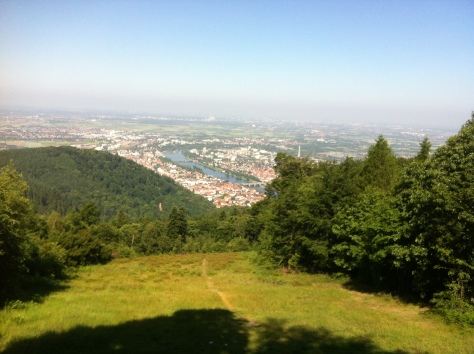
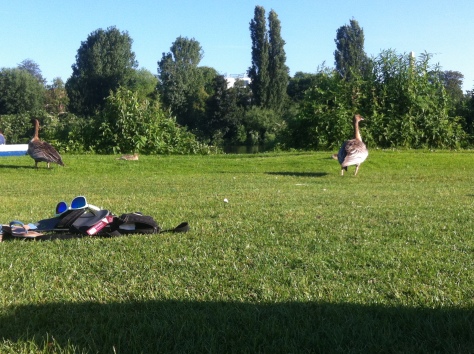
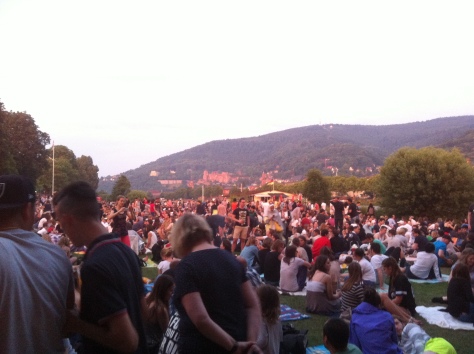
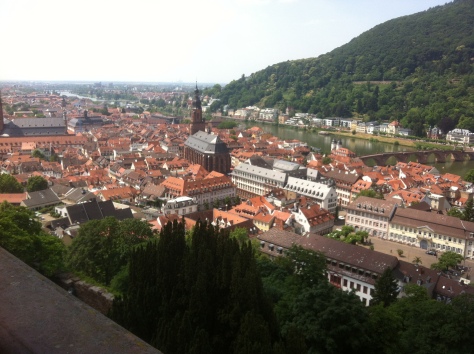

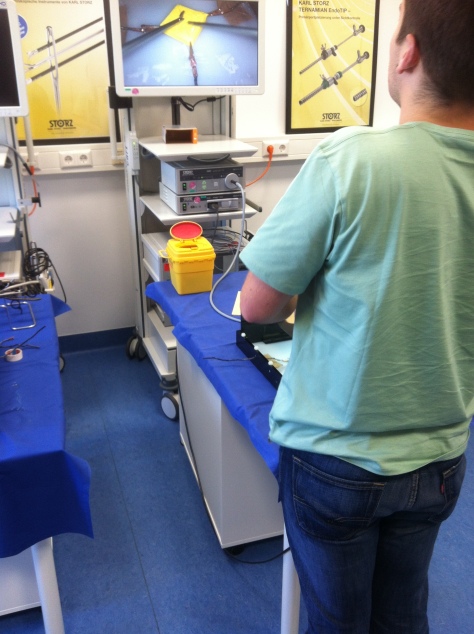

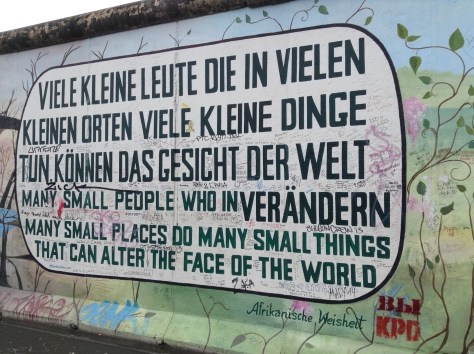
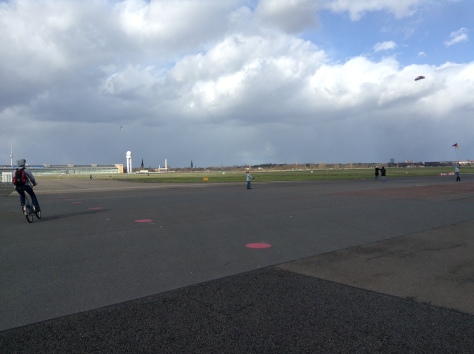
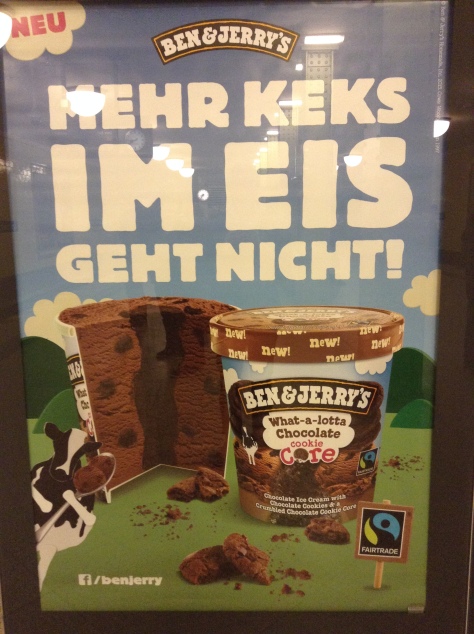

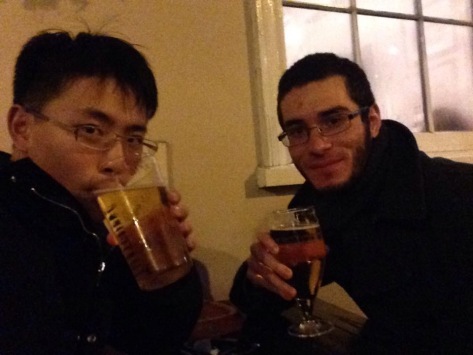
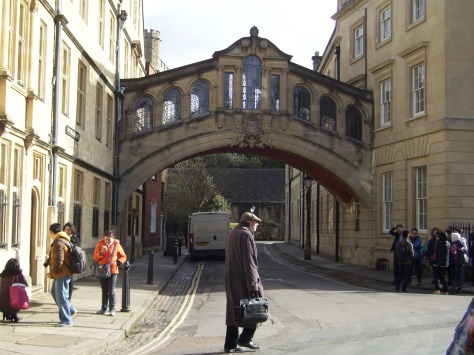
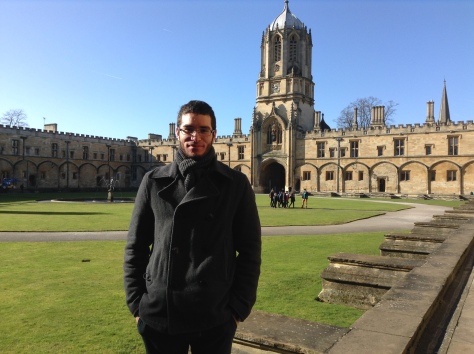
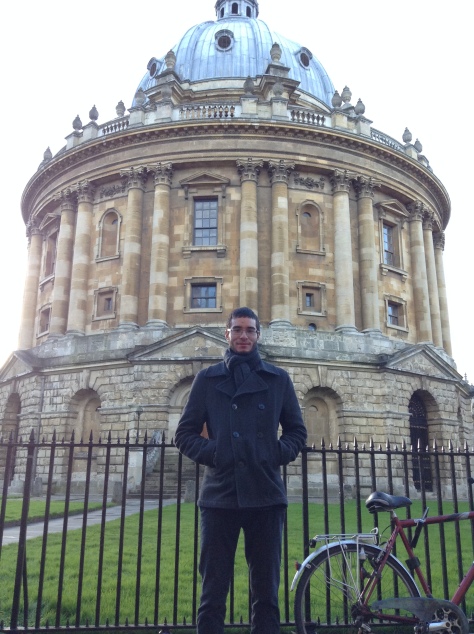
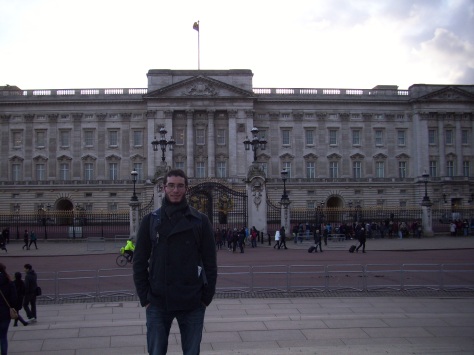
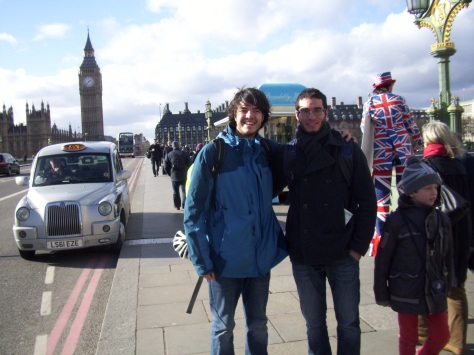
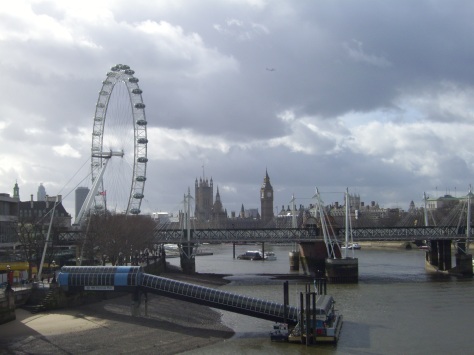
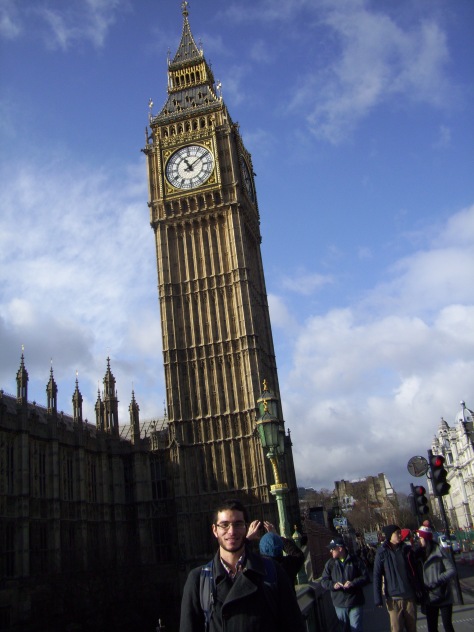

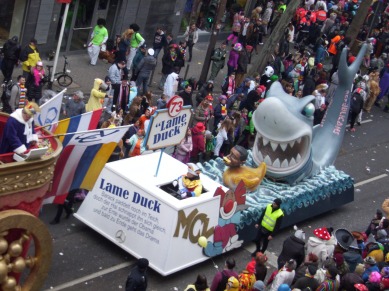
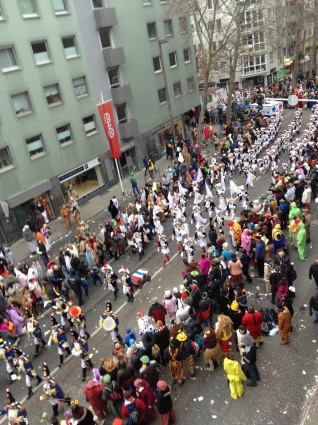
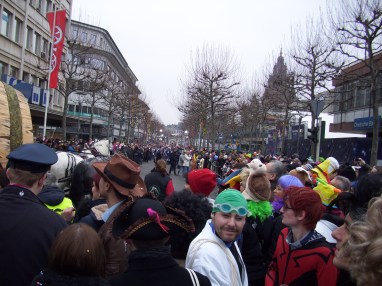
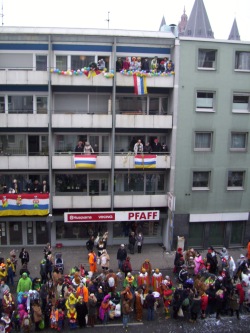
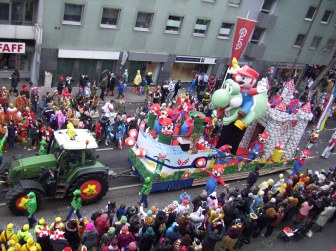
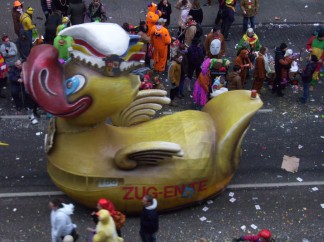
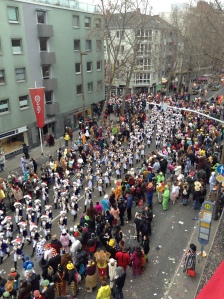
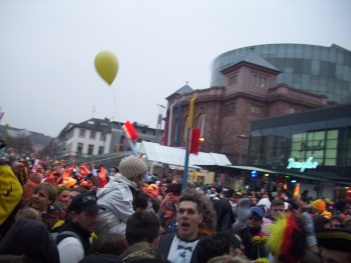 Our path home was through these people…
Our path home was through these people…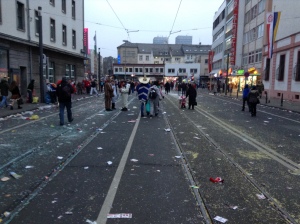
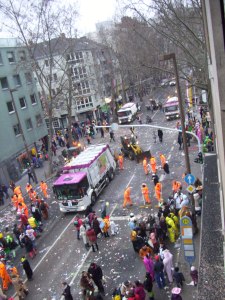 The Aftermath
The Aftermath
